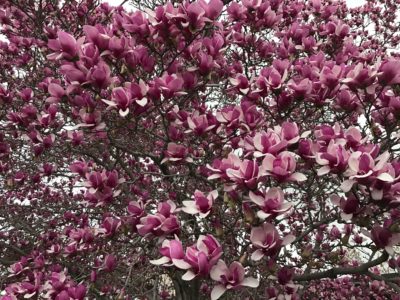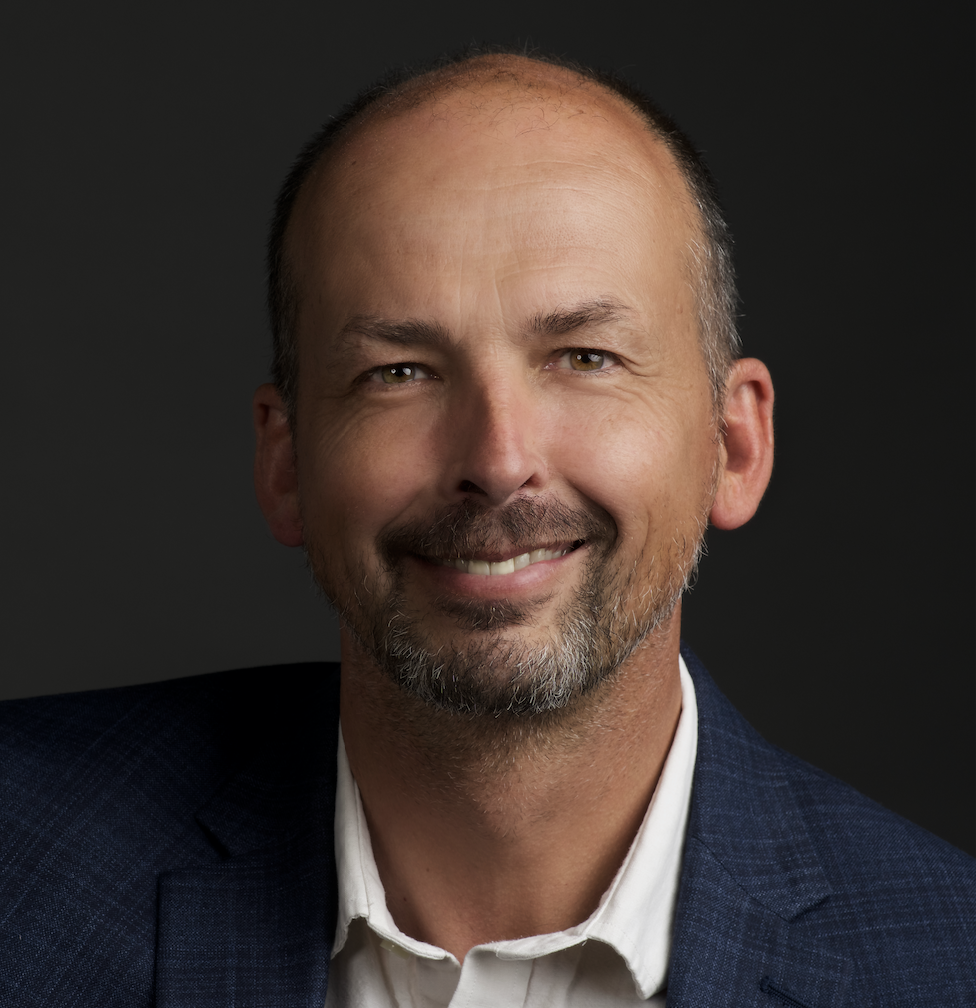Last week I was at the Intermountain Sustainability Summit, invited by my friend Bonnie Christiansen to host some Round Table Discussions. The summit was the 8th annual, held for the second time at Weber State University in Ogden, Utah. The summit is growing. In size. In awareness of. In creating community and essential connection. It was really fun to be a part of, and to spend the day with another good friend and colleague, Kinde Nebeker, who also facilitated these Round Table Discussions.
The opening keynote was Robert Davies, who is among many things, a physicist. His presentation on planetary boundaries was engaging, clear, and informative. It was also painful. He was speaking a narrative on the state of the planet and its resources. What I always appreciate in complex topics like this is the simplifying down to language that is easy to grasp. For example, “if everyone on the planet consumed at the rate of the average american then we would need five planets worth of resources.” Or that “we as human beings are overspending the bank account that is planetary resources. However, unlike human beings or corporations that make this mistake, the planet is not able to file for Chapter 11 Bankruptcy.”
It’s painful material. But it’s honest material. One of my favorite parts was in the brief question and answer period when someone from the audience began his question with an appreciation — “I enjoyed your talk.” It was just cordial. However, Rob Davies responded quickly and playfully, “Then you must not have been listening.” The message is dire.
When it came to the “what to do” part, there were two pieces that caught my attention in particular. The first was a concept from Joanna Macy. “Slow the damage. Repair the damage. Re-imagine the system causing the damage.” Again, simplicity. Accessible narrative. It’s a framework for anything from an individual beginning to recycle to countries trying to meet thirty year goals of carbon reduction and alternative energy development.
The second piece of todo from Rob Davies was a simple statement that invokes citizenry. “If you want to make a difference, the first thing is to talk about it.” Ah, that’s gold, right. Just talk about it. Just explore forms of listening together.
I’m both excited to hear this statement, and a bit saddened too. The excitement is that this is basic work that I often state as “remembered” work. I work in the fields of dialogue and change. We have to turn to one another. That’s the story for me. To be smart together. To be honest together. To be imaginative together. To take on hard things together.
The sad part for me is that the containers for listening in contemporary society, and more accurately, in the awry practice of meeting, is really freaking askew. Town meetings that are shouting matches. Dialogue panels that turn quickly to interruption at scale. Essential pause and silence that are filled with enormous amounts of data that is filling, but just not nourishing enough to further waken human spirit.
Sustainability is not just about planetary resources of water, clean air, and food systems. It is all of that. Essentially. However, sustainability is also about human beings rekindling genuine curiosity together, the essential spirit of working together rather than against.
Thanks Bonnie Christiansen, Alice Mulder, and all that convened such a great summit and invoked such good attention to sustainability on lots of layers.

